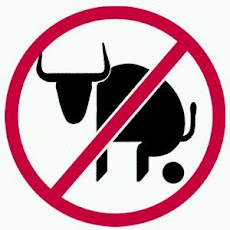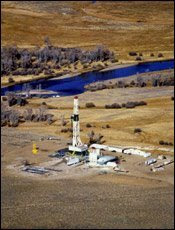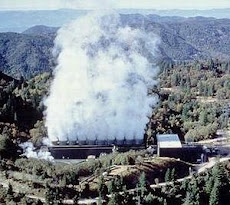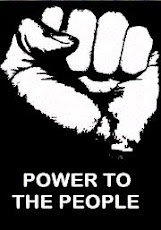Here the Elko Co Board of Commissioners (Friends of Reid) object to this plan claiming that the 9,000 cattle running there are "currently generating revenue which contributes to the county's economy," but what they "forget" to tell us is that the cost of administration of the Grazing Permit Program to taxpayers is approximately 500 mil per year, all tolled. Truth is, those 9,000 cows now grazing on that ranch are costing U.S. money to keep them there.....so how can they say the cows are contributing to the economy? This is what I mean when I say dont believe the hype that cows on welfare are good for the economy,...and since when does a County Bd. of Commissioners have a say to what use the ranch is put? Is it not a privately owned ranch of which only the owner would have a say? Afterall, we are not talking about a re-zoning or any other "change of use" plan here. The place would still be a ranch used primarily for grazing.
October 14, 2009
The Winecup-Gamble Ranch is about a million acres in size.
Plans to use a million-acre ranch in northeastern Nevada once owned by the actor Jimmy Stewart as a wild horse sanctuary have been rejected by officials.
A proposal by Winecup-Gamble Ranch to change from cattle to horse grazing has been rejected by the Elko County Board of Commissioners.
The ranch, about 110km northeast of the city of Elko, comprises about 250,000 acres of deeded land and 750,000 acres owned mostly by the Bureau of Land Management, as well as some private land. The ranch has full access and a grazing permit over the bureau lands.
The property, which was also once owned by Bing Crosby, has operated as a cattle and sheep property since the late 1800s and runs about 9000 cattle, with the ability to support up to 12,500.
The Elko County Board of Commissioners heard an application to move the ranch from cattle to horses, the intention being to take up to 10,000 of the wild horses currently held in captivity by the bureau.
The plan for the property includes a lodge, visitor centre and museum detailing the history of wild horses.
However, the county commissioners ruled against the proposal.
In its written decision, it said the ranch currently generated revenue which contributed to the county's economy. (BS)
"If the ranch becomes a holding facility for wild horses, it will become an enterprise supported by the American taxpayers and will cost millions of dollars," they said. (BS)
"There are many wild horses in the state of Nevada," (BS) they continued. "If that were not the case, there may be some justification for having wild horses on a controlled area such as the Winecup-Gamble Ranch to provide a place for the public to view wild horses.
"However, because of the large number of horses in the state, they are visible from nearly every highway in the state." (BS)
The commissioners pointed out that before horses could be placed on the ranch, the 1971 legislation that provided protection to mustangs would have to be changed as horses did not exist in the area before that date. (BS)
"To open the 1971 Wild Horse Act for this reason would set a bad precedence that may result in the wild horse ranges expanding throughout the state." (BS)
Containment of wild horses within the ranch boundaries would be difficult, the commissioners believed. (BS)
"Most importantly, this is only a temporary solution to the overpopulation problem of wild horses within the state of Nevada. This only diverts attention from the serious problem that needs to be dealt with - that of controlling the wild horse population in order to protect the ranges upon which they live."
The commissioners' ruling came just days before a proposal by the US Interior Secretary Ken Salazar to establishment up to seven new preservation areas further east of the western rangelands to accommodate wild horses in non-reproducing herds.
The commissioners also decided to write to local senators and the Interior Department opposing the ranch's proposal.
Elko County is the fourth-largest county in the United States by land area.
Subscribe to:
Post Comments (Atom)



















No comments:
Post a Comment